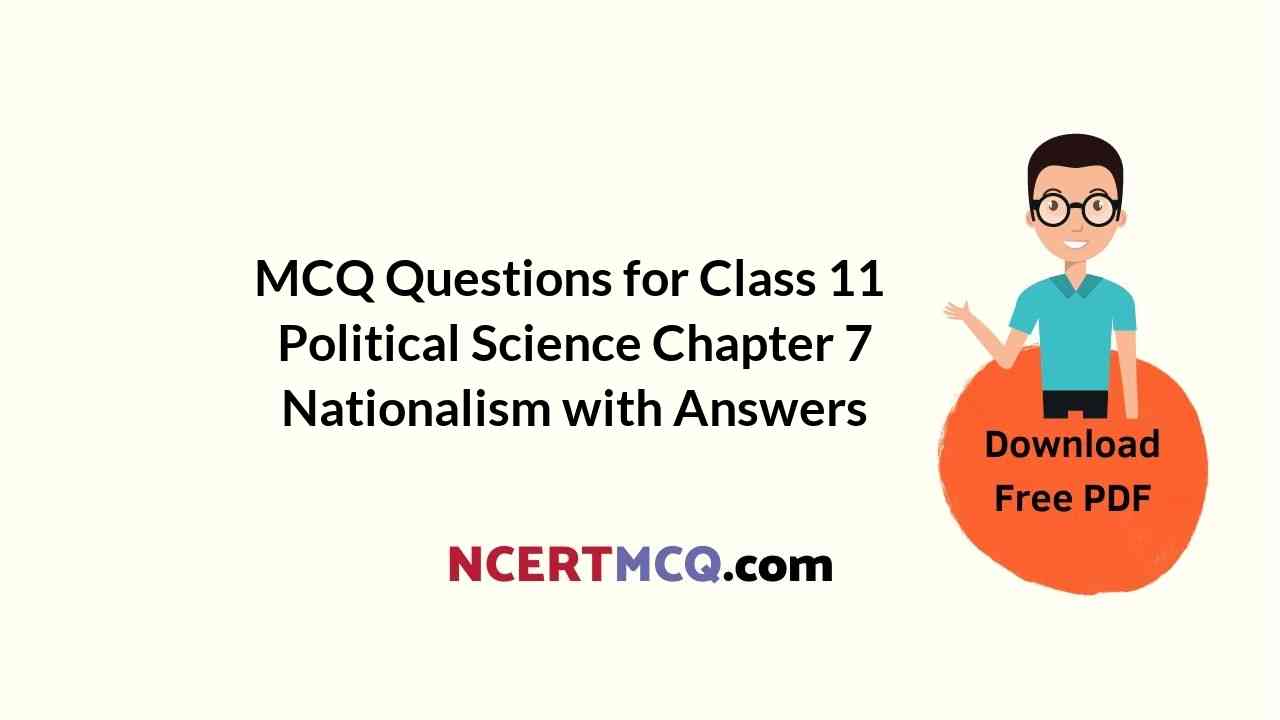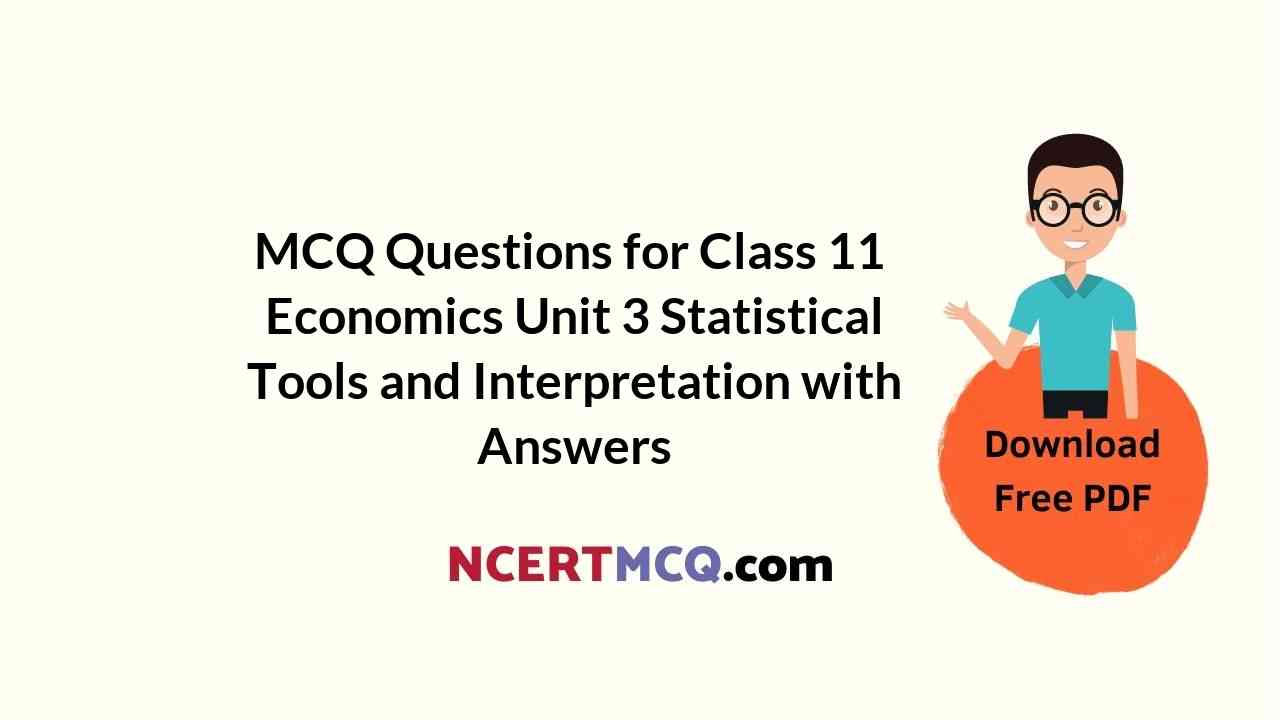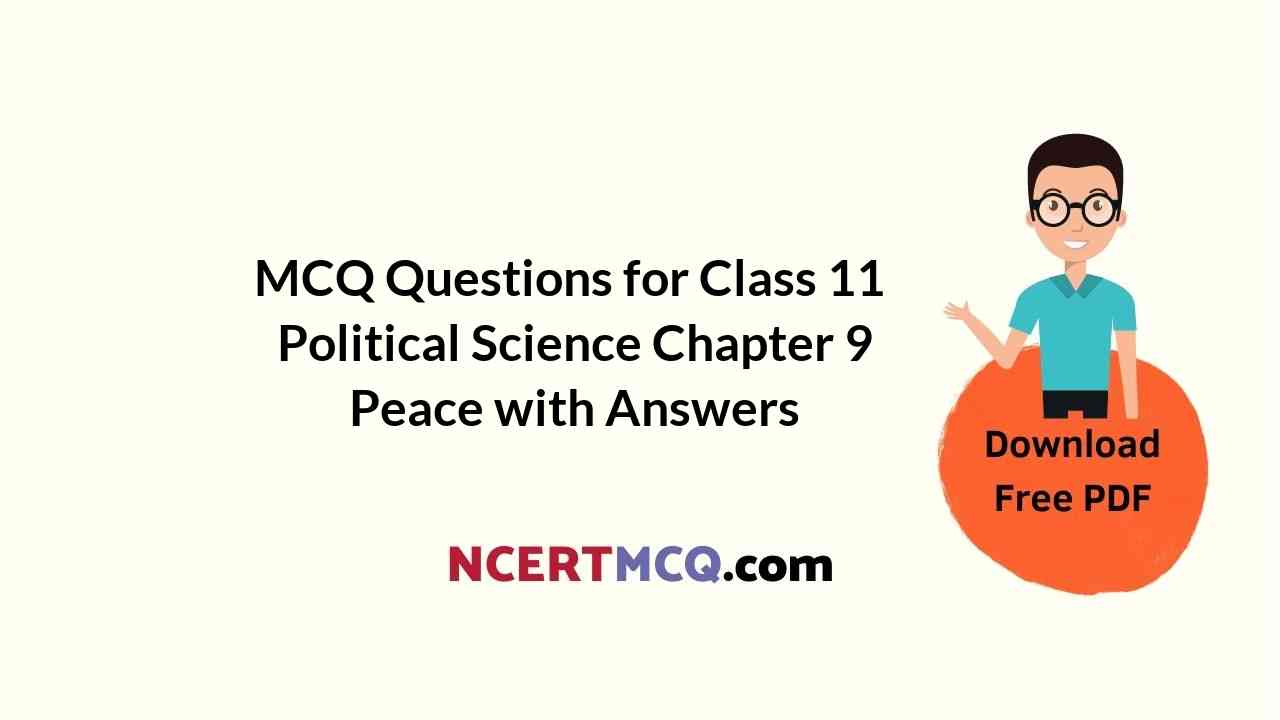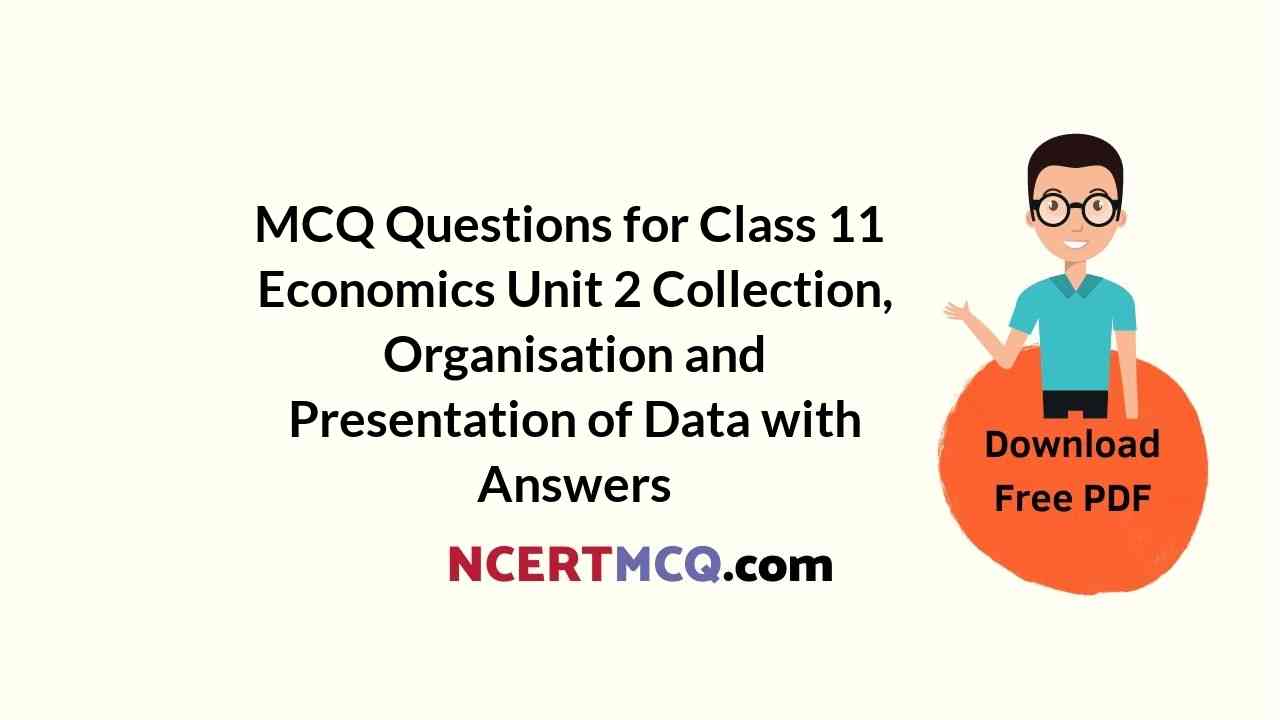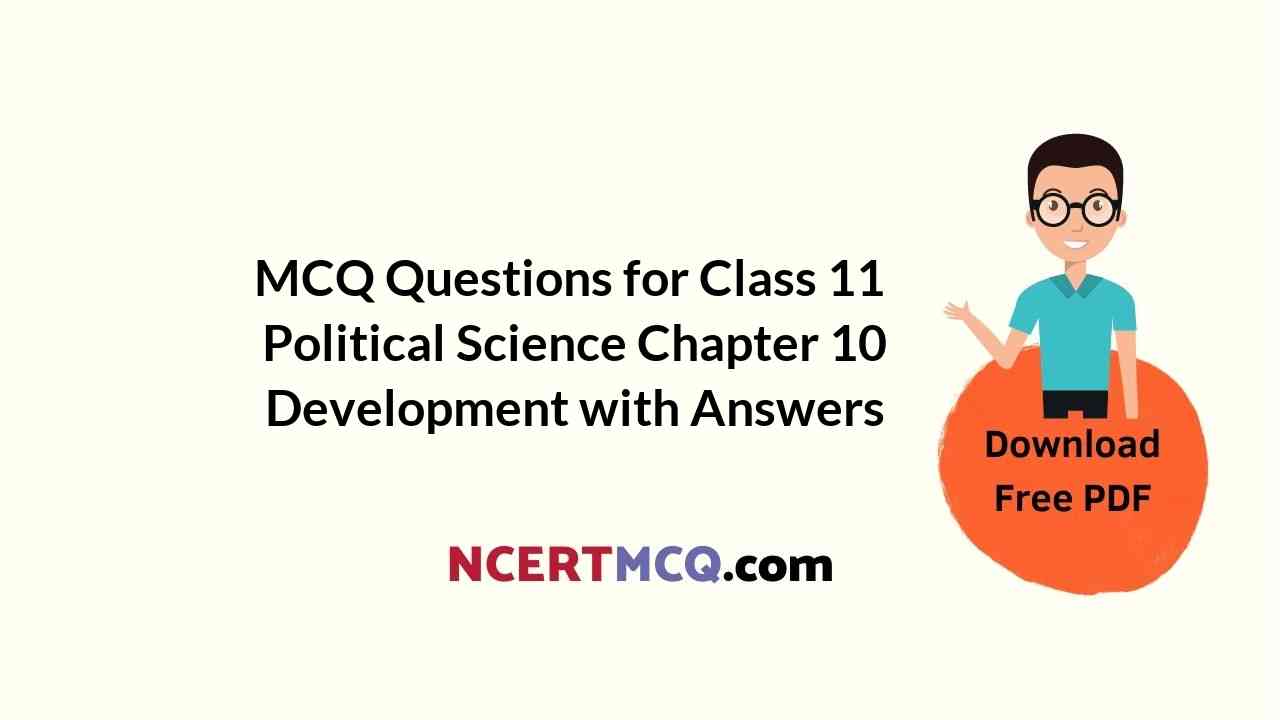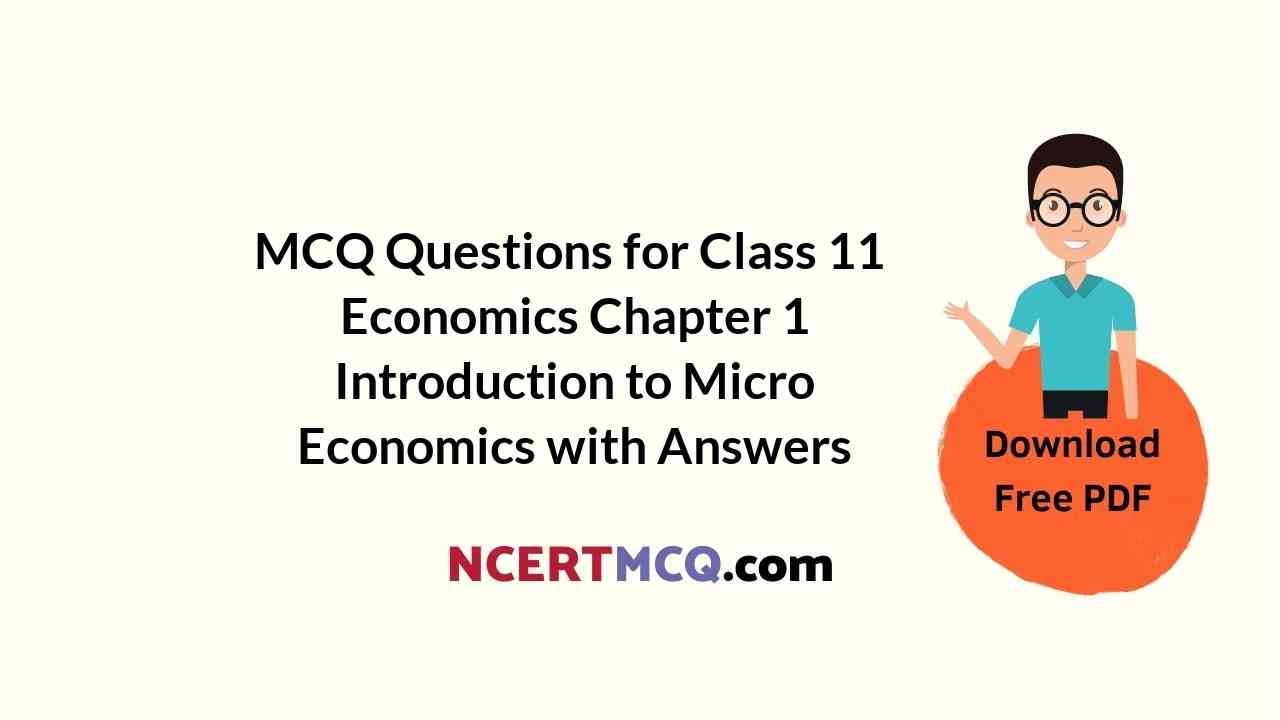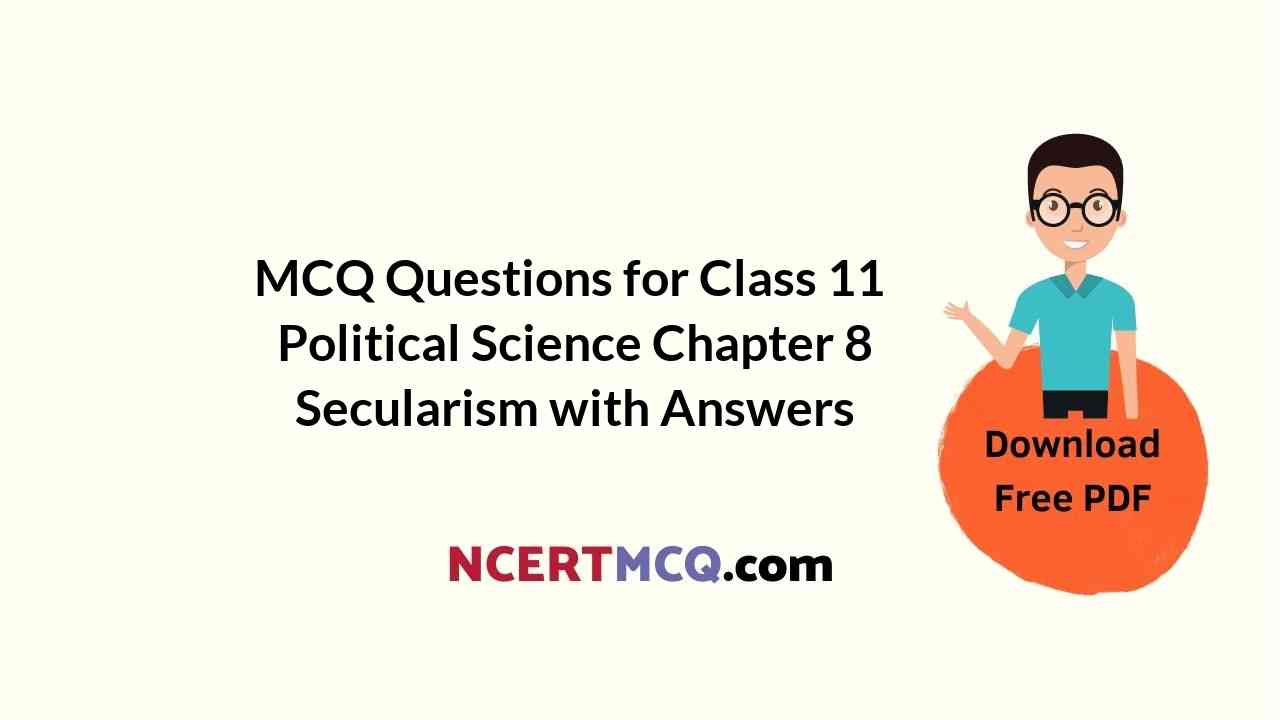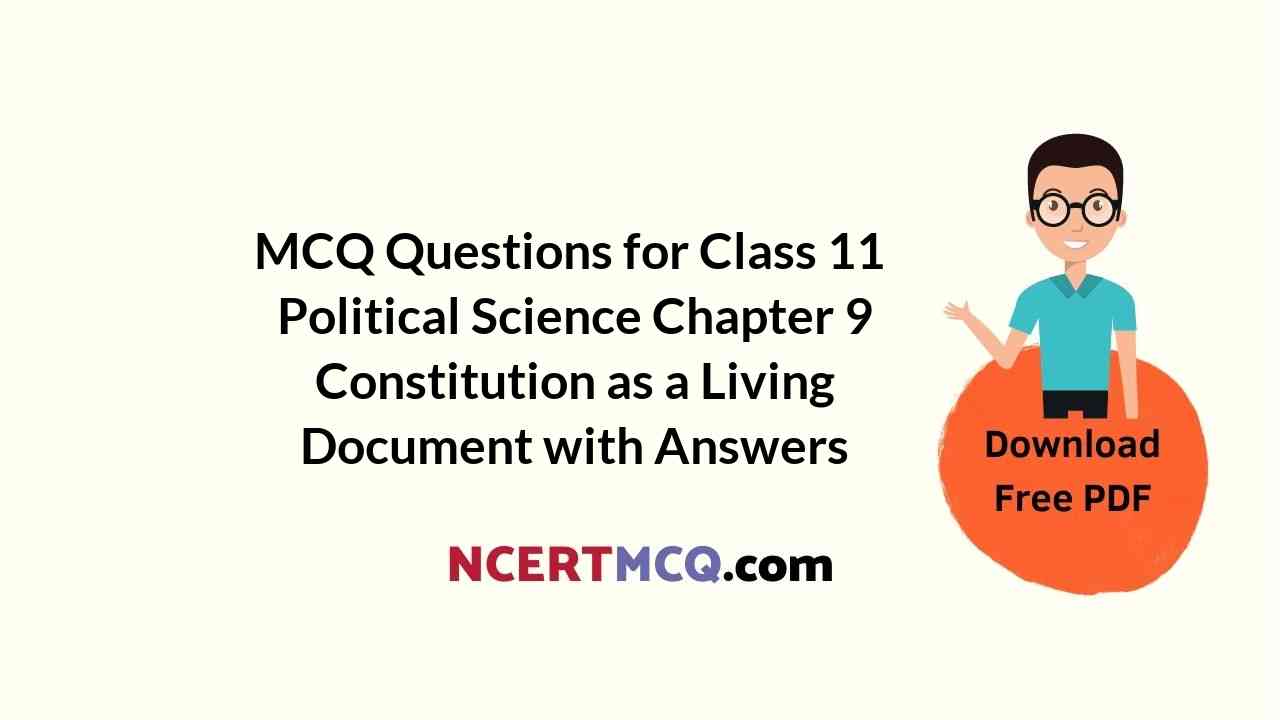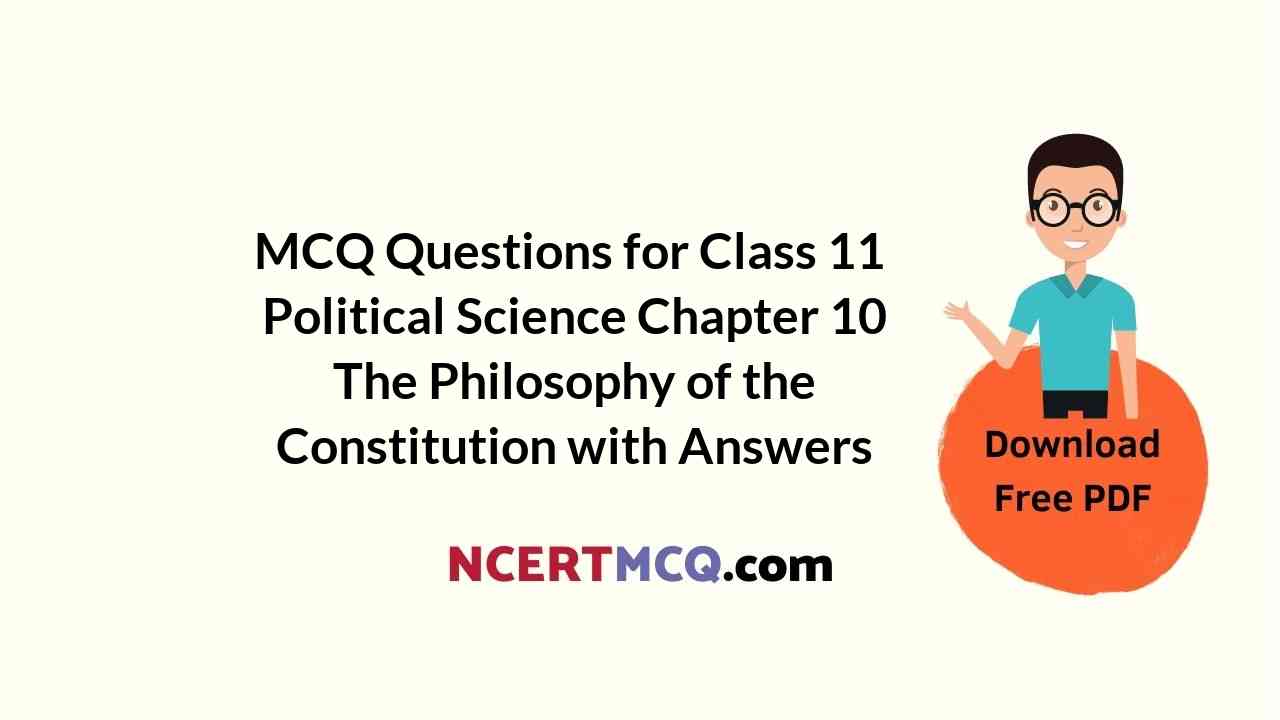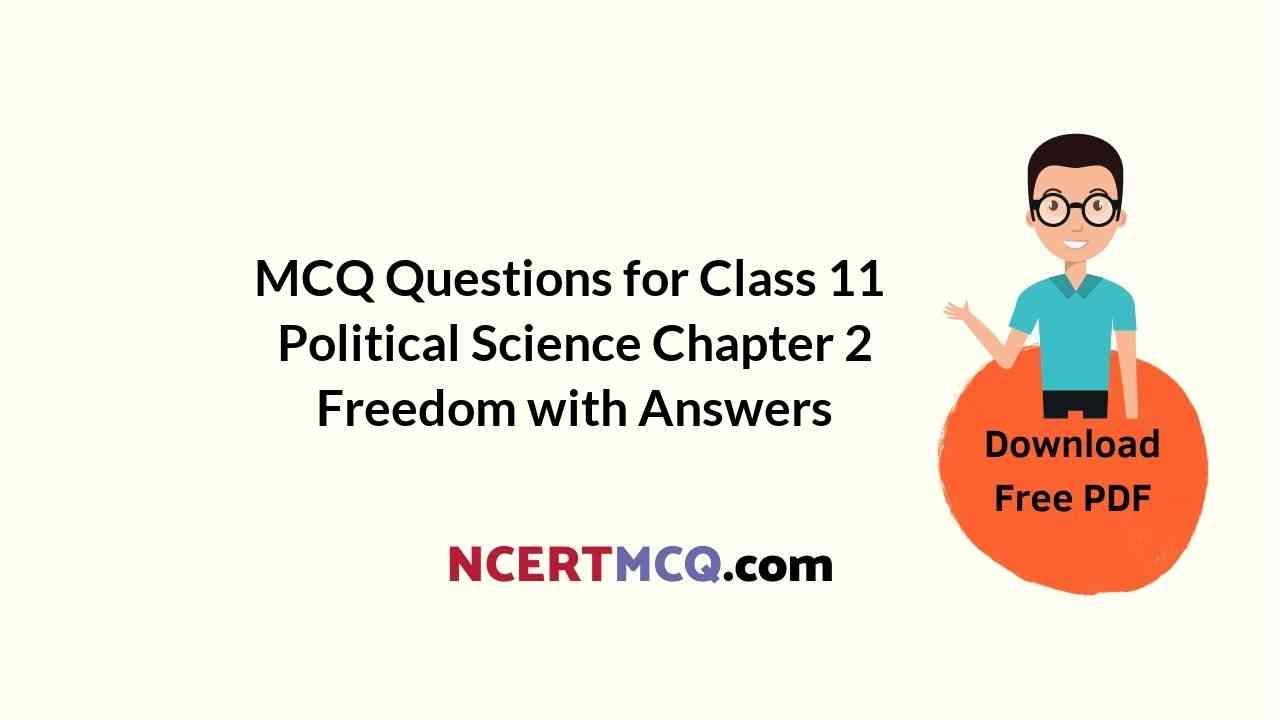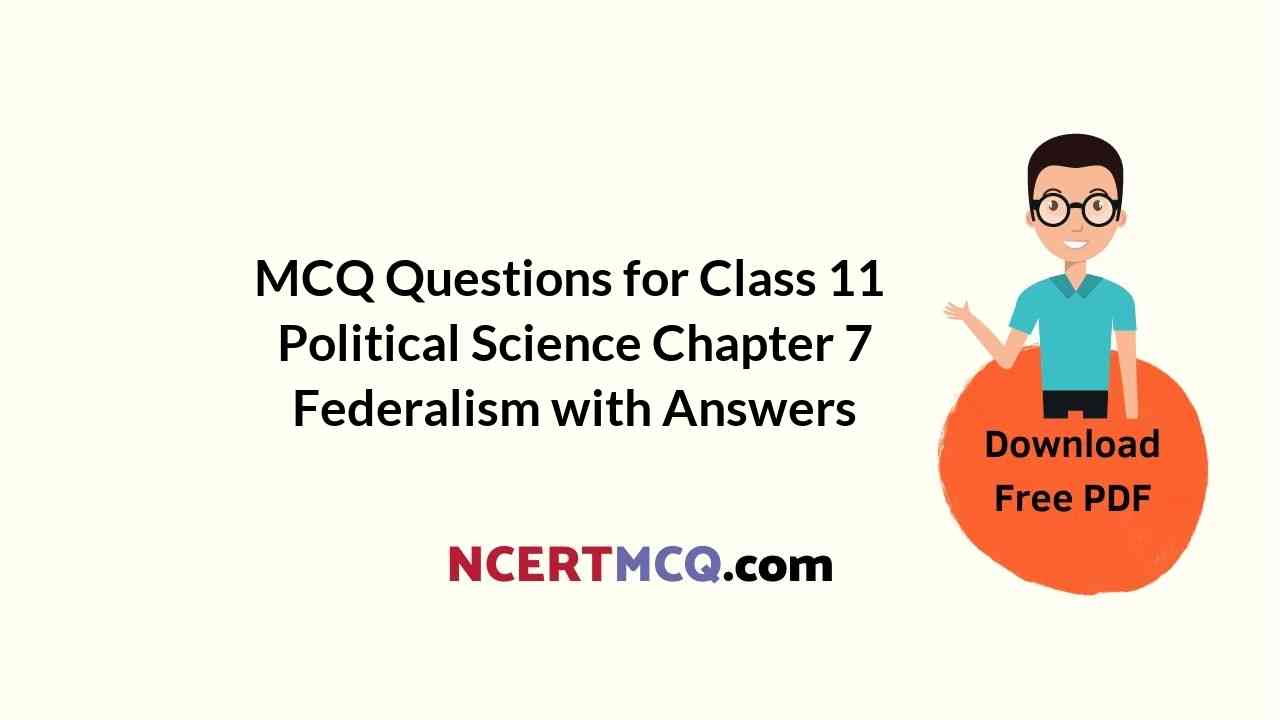Check the below NCERT MCQ Questions for Class 11 Political Science Chapter 7 Nationalism with Answers Pdf free download. MCQ Questions for Class 11 Political Science with Answers were prepared based on the latest exam pattern. We have provided Nationalism Class 11 Political Science MCQs Questions with Answers to help students understand the concept very well.
Class 11 Political Science Chapter 7 Nationalism MCQ With Answers
Political Science Class 11 Chapter 7 MCQs On Nationalism
Class 11 Political Science Chapter 7 MCQ Question 1.
Who is the main supporter of the principle of One Nation, One State?
(a) European Union
(b) G.W.F Hegel
(c) J.S Mill
(d) Rousseau
Answer
Answer: (c) J.S Mill
Question 2.
The word ‘Nation’ is derived from which language?
(a) Greek
(b) French
(c) Latin
(d) Russian
Answer
Answer: (c) Latin
Question 3.
The history of a nation helps to develop
(a) Sense of continuing historical identity
(b) Racial superiority
(c) Regionalism
(d) Political differences
Answer
Answer: (a) Sense of continuing historical identity
Question 4.
A hindrance in the development of nationalism is
(a) Strong historical legacy
(b) Communalism
(c) Emotional integration
(d) Common civilisation
Answer
Answer: (b) Communalism
Question 5.
Which of the following is not a difference between State and Nation?
(a) State has four essentials elements but no essential elements of a Nation
(b) Idea of oneness is essential for the Nation but not for the State
(c) Sovereignty is essential for the State and not for the Nation
(d) Sovereignty is essential for the Nation and not for the State
Answer
Answer: (d) Sovereignty is essential for the Nation and not for the State
Question 6.
The key exponent of the modern idea of nation-state was
(a) Karl Marx
(b) J.S Mill
(c) G.W.F Hegel
(d) Rousseau
Answer
Answer: (c) G.W.F Hegel
Question 7.
The ”Gujral Doctrine” was adopted in
(a) 1985
(b) 1989
(c) 1992
(d) 1996
Answer
Answer: (d) 1996
Question 8.
Identify an option which is not the symbol of Indian nationalism
(a) National Anthem
(b) Republic day parade
(c) National flag
(d) Communal violence
Answer
Answer: (d) Communal violence
Question 9.
East Timor gained independence from
(a) British
(b) Russia
(c) Portugal
(d) China
Answer
Answer: (c) Portugal
Question 10.
Which of the following elements is responsible for the promotion of Nationalism?
(a) Common Motherland
(b) Common Language
(c) Common Race
(d) All of these above
Answer
Answer: (d) All of these above
Question 11.
The German nation was first unified by
(a) European Union
(b) Austria
(c) Prussia
(d) Russia
Answer
Answer: (c) Prussia
Question 12.
Liberal nationalism is not characterised by
(a) Every nation has a separate entity
(b) Nationalism based on blood and race
(c) Opposed to colonialism
(d) Right of every nation to make economic and cultural progress in its own way
Answer
Answer: (b) Nationalism based on blood and race
We hope the given NCERT MCQ Questions for Class 11 Political Science Chapter 7 Nationalism with Answers Pdf free download will help you. If you have any queries regarding CBSE Class 11 Political Science Nationalism MCQs Multiple Choice Questions with Answers, drop a comment below and we will get back to you soon.
Class 11 Political Science with Answers MCQ:
